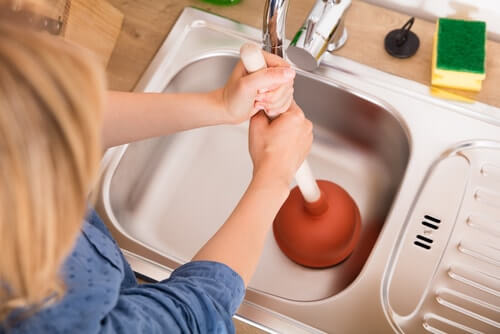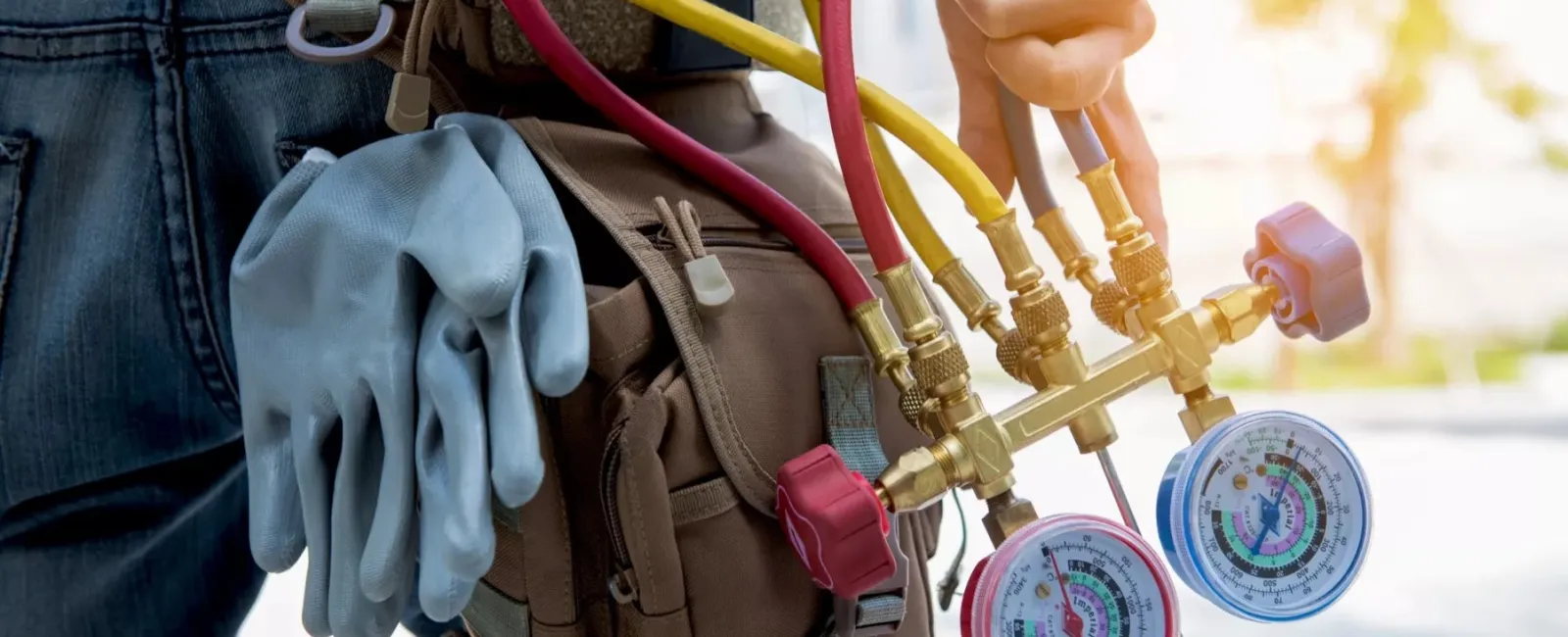They are making a few great points on the subject of Expert Tips for Managing a Plumbing Emergency Until Help Arrives overall in this post in the next paragraphs.

Pipes emergencies can strike at any time, triggering anxiety and possible damage to your home. Whether it's a ruptured pipeline, a clogged drain, or a leaking tap, recognizing how to handle the scenario till a professional plumbing technician gets here can conserve you from further problems. This write-up provides important emergency pipes pointers to aid you mitigate damage and reclaim control during a pipes situation.
Turn Off the Water System
The first step in any plumbing emergency situation is to shut down the supply of water. For local concerns, such as a leaking faucet or bathroom, switch off the valve near the fixture. In the case of a significant leakage or ruptured pipe, find your home's major water shut-off valve and transform it off immediately. Knowing the place of these valves in advance can conserve valuable time throughout an emergency situation.
Address Small Leakages with Short-lived Fixes
Little leakages can rapidly become significant troubles if left uncontrolled. Use these short-term solutions until expert aid shows up:
While these fixes aren't long-term, they can aid minimize water loss and damage.
Unclog Drains Pipes Safely
A stopped up drainpipe can be an aggravating and untidy concern. Here's how to tackle it:
If these methods don't function, avoid utilizing too much pressure, as it may aggravate the clog.
Take Care Of Overflowing Toilets
An overflowing bathroom can create prompt mayhem. Right here's what you need to do:
Turn off Your Hot Water Heater
In certain emergencies, such as a ruptured pipeline, it's wise to turn off your hot water heater. This prevents overheating or damage to the system when water quits flowing. Turn off the power supply to the water heater (electric or gas) and let it cool to stay clear of potential risks.
Briefly Quit a Ruptured Pipeline
A burst pipe can result in significant water damage in mins. To alleviate the concern:
Call a specialist plumber immediately to resolve the problem permanently.
Handle Frozen Pipes Meticulously
In cooler environments, icy pipelines are an usual emergency situation. If you suspect a frozen pipe:
Stop Additional Damage
Taking quick activity to lessen damage can save you time and money in the future. Right here's how:
. Have an Emergency Situation Pipes Kit
Prepare a standard pipes emergency package to manage minor concerns successfully. Your kit needs to include:
Having these tools available can make a substantial difference in your capability to take care of emergencies.
Know When to Call a Specialist.
While quick fixes can help briefly, particular plumbing problems call for prompt professional interest. Call a plumber if:.
Without delay getting in touch with a specialist ensures the concern is fixed appropriately and prevents additional difficulties.
Conclusion.
Plumbing emergency situations can be overwhelming, however with the ideal knowledge and tools, you can handle the scenario efficiently up until aid arrives. By shutting off the water, resolving small leaks, and making use of temporary fixes, you can lessen damages and maintain your home safe. Bear in mind, these suggestions are temporary options; always speak with an accredited plumbing professional to handle the source of the problem. Preparation and fast reasoning are your best allies in any kind of pipes emergency situation.
Expert Tips for Emergency Plumbing Repairs
Plumbing emergencies can be incredibly stressful and inconvenient. Whether it’s a burst pipe, a clogged drain, or a leaky faucet, these common plumbing emergencies need immediate attention to prevent further damage to your home. But before you panic, it’s important to understand the basics of plumbing repairs and the steps you can take to address these emergencies. In this article, we will share some expert tips to help you navigate through these situations and minimize potential water damage.
Identifying Common Plumbing Emergencies
Leaky pipes and faucets Clogged drains and toilets Burst pipes Low water pressure Water heater problems Essential Tools for Plumbing Repairs
Plunger: Useful for unclogging toilets and drains Adjustable wrench: Needed for tightening or loosening nuts and bolts Pipe wrench: Ideal for gripping and turning pipes Tape measure: Necessary for accurate pipe measurements Plumber’s tape: Helps create watertight seals Understanding Emergency Plumbing Services
Emergency plumbing services are designed to provide immediate assistance for unexpected plumbing issues that can cause significant damage to your home, business, or health. These services are typically available 24/7 and are staffed by experienced plumbers who can quickly diagnose and repair a wide range of plumbing problems.
When a plumbing emergency strikes, time is of the essence. Whether it’s a burst pipe flooding your basement or a gas leak posing a serious risk, emergency plumbing services ensure that help is just a phone call away. These professionals are equipped with the tools and expertise to handle any situation, minimizing damage and restoring your plumbing system to proper working order.
What Constitutes a Plumbing Emergency?
Burst pipes or water supply lines: These can cause extensive water damage and need immediate repair to prevent flooding. Gas leaks or suspected gas leaks: Gas leaks are extremely dangerous and require prompt attention to avoid potential explosions or health hazards. Sewer backups or overflows: These can lead to unsanitary conditions and significant property damage. Clogged drains or toilets causing water to overflow: Overflowing water can damage floors, walls, and other structures. Leaks or water damage causing structural damage: Persistent leaks can weaken the structural integrity of your home or business. No hot water or heating: A lack of hot water can be more than an inconvenience, especially in colder months. Common Causes of Plumbing Emergencies
Aging or corroded pipes: Over time, pipes can deteriorate, leading to leaks or bursts. Improperly installed or maintained plumbing fixtures: Faulty installations or lack of maintenance can result in unexpected failures. Tree roots or other debris infiltrating your sewer line: Roots can grow into pipes, causing blockages and backups. Frozen pipes or water supply lines: In colder climates, pipes can freeze and burst, leading to significant water damage. High water pressure or sudden changes in water pressure: Excessive pressure can strain pipes and fixtures, causing them to fail. Natural disasters such as floods or earthquakes: These events can disrupt your plumbing system and cause severe damage. Steps to Minimize Water Damage
Locate the water shut-off valve: Knowing where the valve is can help you quickly cut off the water supply to the affected area. Turn off the water heater: If there’s a risk of water coming into contact with the heating element, make sure to turn off the water heater to avoid potential accidents. Open faucets and drain pipes: By opening faucets and drain pipes, you can relieve pressure and empty any standing water. Collect and contain water: Use towels, buckets, or bins to collect water and prevent it from spreading to other areas of your home. https://leecountyplumbingandwellservice.com/expert-tips-for-emergency-plumbing-repairs/

I am just very curious about Expert Tips for Emergency Plumbing Repairs and I'm hoping you liked our post. Make sure you set aside a second to distribute this blog posting if you enjoyed it. Bless you for being here. Revisit us soon.
Call